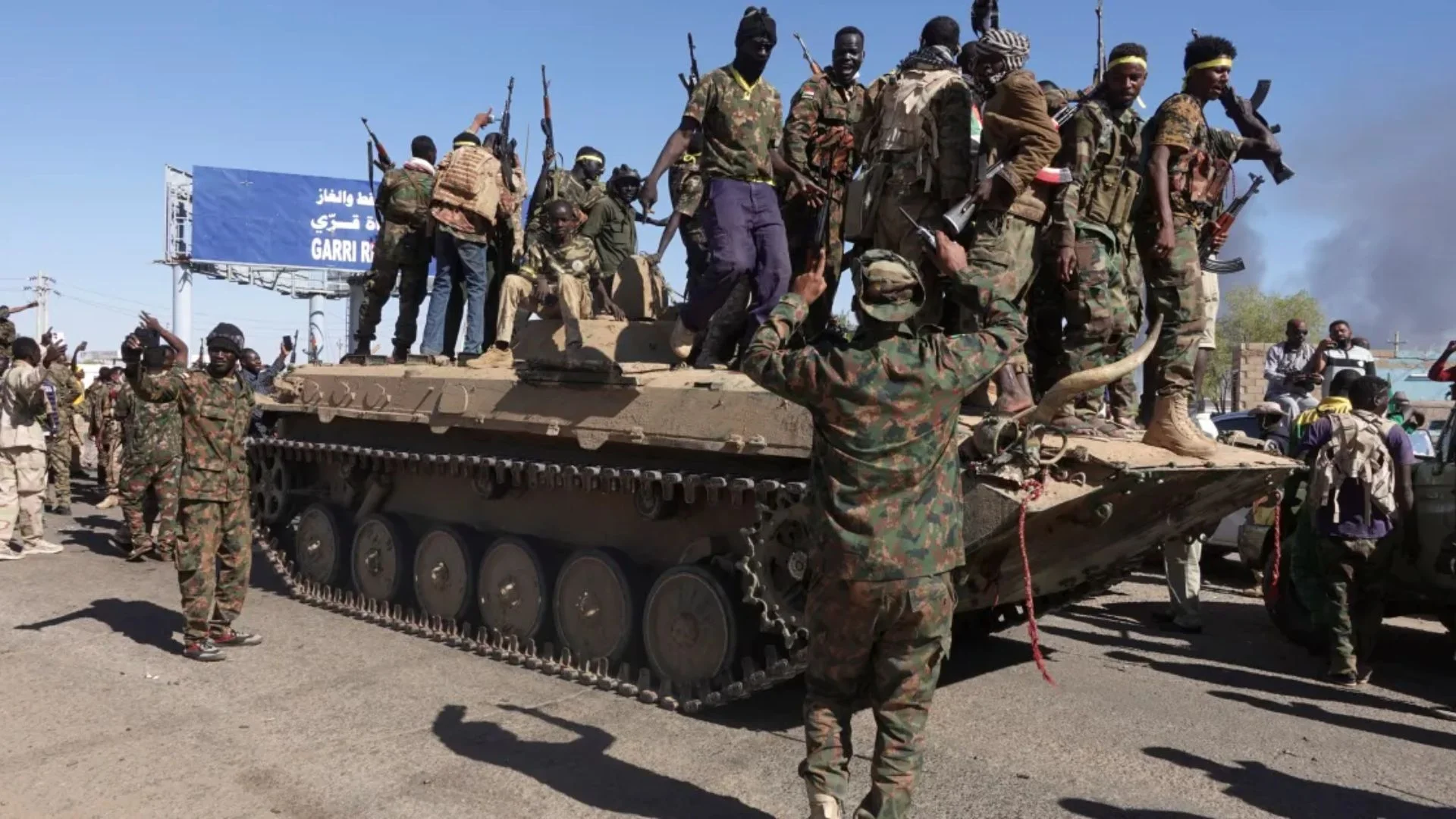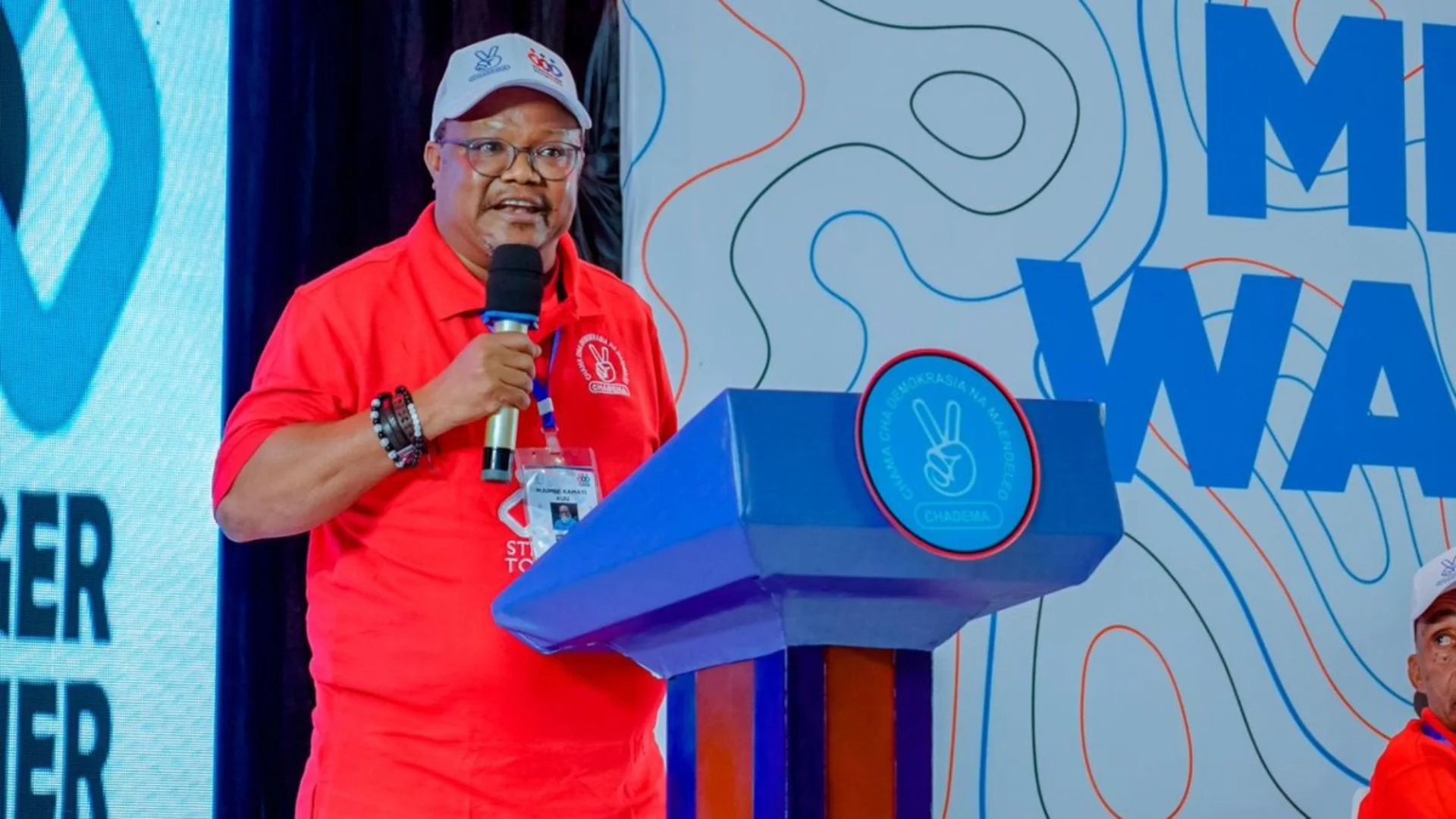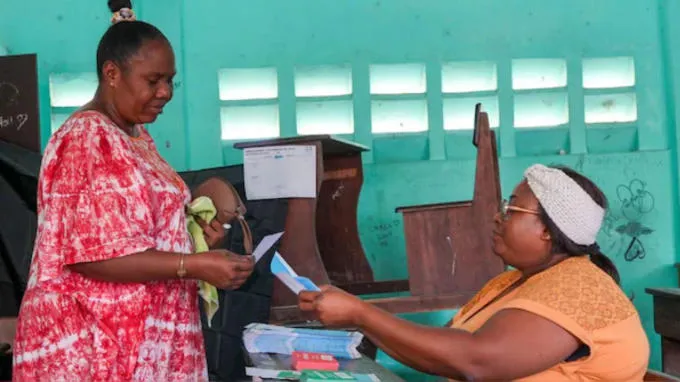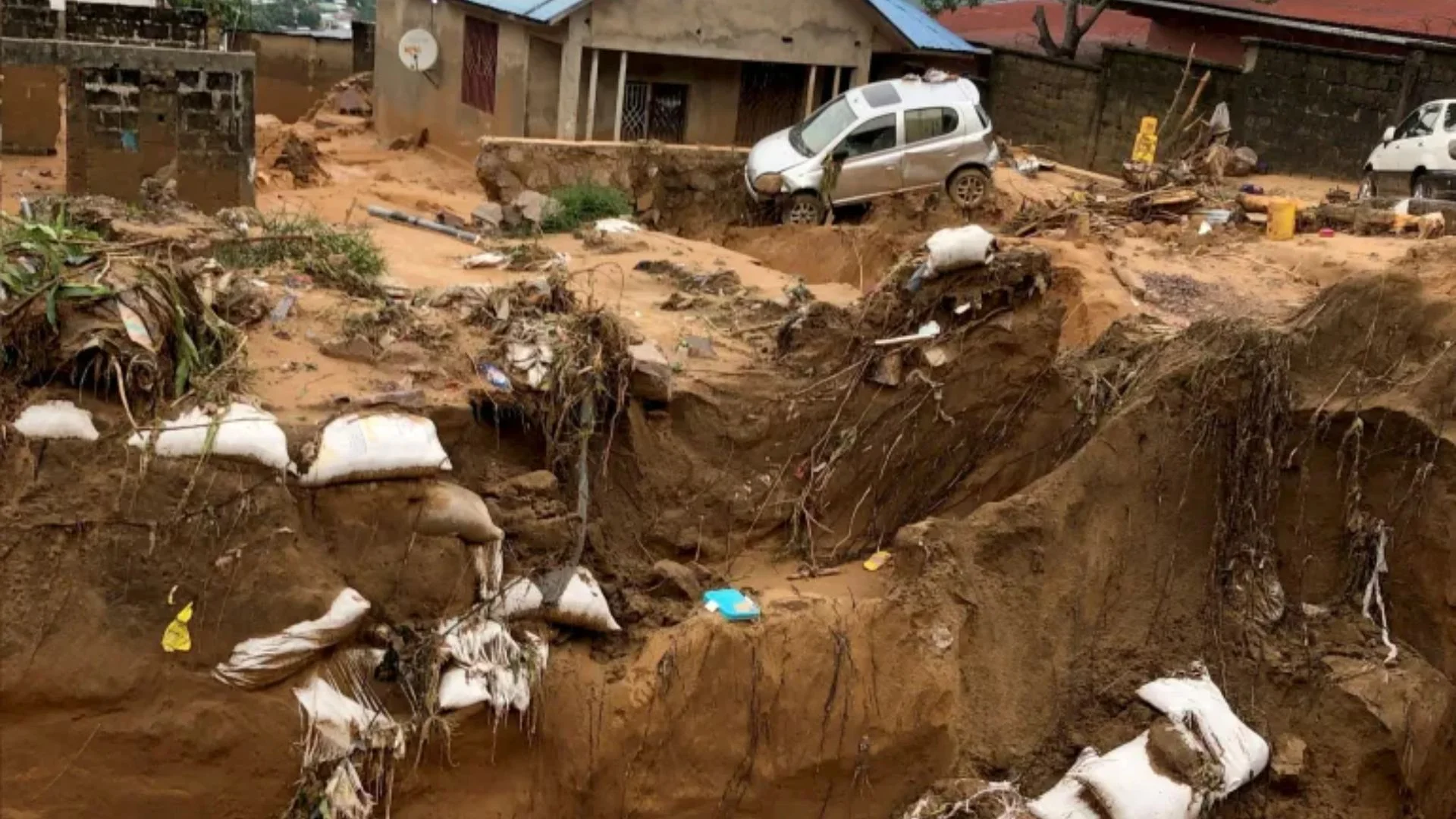Sudan’s army chief Abdel Fattah al-Burhan has dismissed any reconciliation with the paramilitary Rapid Support Forces (RSF), promising to defeat the forces in an ongoing conflict. In a video message on Saturday, Burhan asserted, “We will neither forgive, nor compromise, nor negotiate,” reiterating the military’s resolve to restore national stability and unity.
But he said RSF combatants who surrender and accept the authority of the military may be offered amnesty, especially in rebel-held areas.
The declaration was made as the Sudanese army announced a big win at Omdurman, capturing Souq Libya, an important business center which the RSF had been using to attack from. The military said it took over arms and other hardware left behind by withdrawing paramilitary forces.
As the army already occupied much of Omdurman, including two large military bases, it now seems intent on taking control of the whole capital area, which includes Khartoum, Omdurman, and Bahri. Although the RSF retains some territory, it has not yet reacted to the army’s most recent advances.
The war broke out over a power struggle between the army and RSF prior to a scheduled handover of power to civilians. The past two years have ravaged Khartoum, forced more than 12 million people from their homes, and driven close to half of Sudan’s 50 million citizens into extreme hunger.
Casualty estimates are still difficult, but one study a year ago estimated that 61,000 individuals had been killed in Khartoum state alone in the first 14 months of conflict. The conflict has also further destabilized the area, fuelling conflicts in other countries around it, including Libya, Chad, the Central African Republic, and South Sudan.























